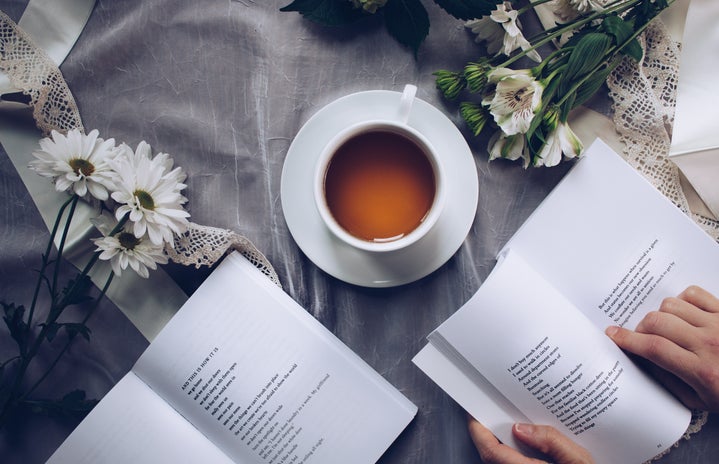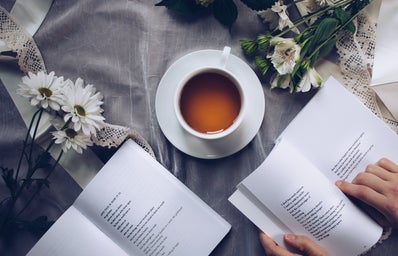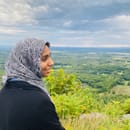During the early months of quarantine, I realized I would have a lot more time to myself, time that I couldn’t waste aimlessly scrolling through Instagram and clicking through YouTube videos. Reading has always given me comfort and companionship, something I needed more than ever during this period of social distancing.
I didn’t find myself in self-help books to cope with my anxiety. I didn’t find myself in the fantasy world where I could escape my life. I didn’t even find myself in YA books where I could reminisce over trivial high school problems.
Instead, I couldn’t put down Neal and Jarrod Shusterman’s dystopian novel, Dry — a story about a drought in California. When the water stops running in Alyssa Morrow’s suburban neighborhood, she observes people making shocking choices to stay alive. I think what pulled me into Alyssa’s world was being able to understand and relate to the line, “This isn’t the same world it was yesterday.”
The story was so relatable, right from the beginning when Alyssa and her brother and uncle are buying water in bulk at Costco. People are so desperate, all common courtesy has gone straight into the trash. Our own supermarkets were filled with angry customers stocking up on toilet paper!
However, even at the beginning of the drought, or as the book calls it, the tap out, people couldn’t take it seriously. That’s because “When something drastic happens, there’s a lag time. It’s not quite denial, and not quite shock, but more like a mental free fall. You’re spending so much time wrapping your mind around the problem, you don’t realize what you need to do until the window to do it has closed.” Alyssa’s family and many of her neighbors had only just started to stock up and save water — right at the peak of the emergency. I couldn’t help but remember the regrets our own health experts had when they realized that if the mandate for masks and social distancing was put in place earlier, COVID-19 cases would not have gotten so horribly high in the United States. Shusterman could not have worded it any better, calling this a “mental free fall.” It was something our brains couldn’t process, overtaken by the free yet predictable nature of gravity — because at the end of the day we fell.
But it’s not too late to get back up.
Alyssa learns the human body is 60 percent water. Through her journey to stay alive as the rest of her world slowly turns to savagery, she picks up bits and pieces of the full picture of humans. “The rest is dust, the rest is ash, it’s sorrow and it’s grief… But above all that, in spite of all that, binding us together… is hope. And joy. And a wellspring of all the things that still might be.” For Alyssa, this was a story of seeing humans revert to primitive animalistic survival instincts for one clear basic need: water. Yet, at the end, the fight wasn’t for survival—it was a struggle to live.
For us, we are taking part in a story about how human beings are so weak that a virus invisible to the naked eye can take us down. A human race that isn’t willing to give up or stop fighting or stop helping each other. We’re not animals. Even if we have animalistic instincts somewhere within us. Because even “When we’ve lost the strength to save ourselves, we somehow find the strength to save each other.”
Our doctors, nurses, and others in the healthcare field are unwilling to stop their fight in caring for patients.
Our grocery store workers constantly delivering groceries to our homes.
Our neighbors going on socially distanced walks with us.
That is the true human instinct.
That’s the promise of humanity.


